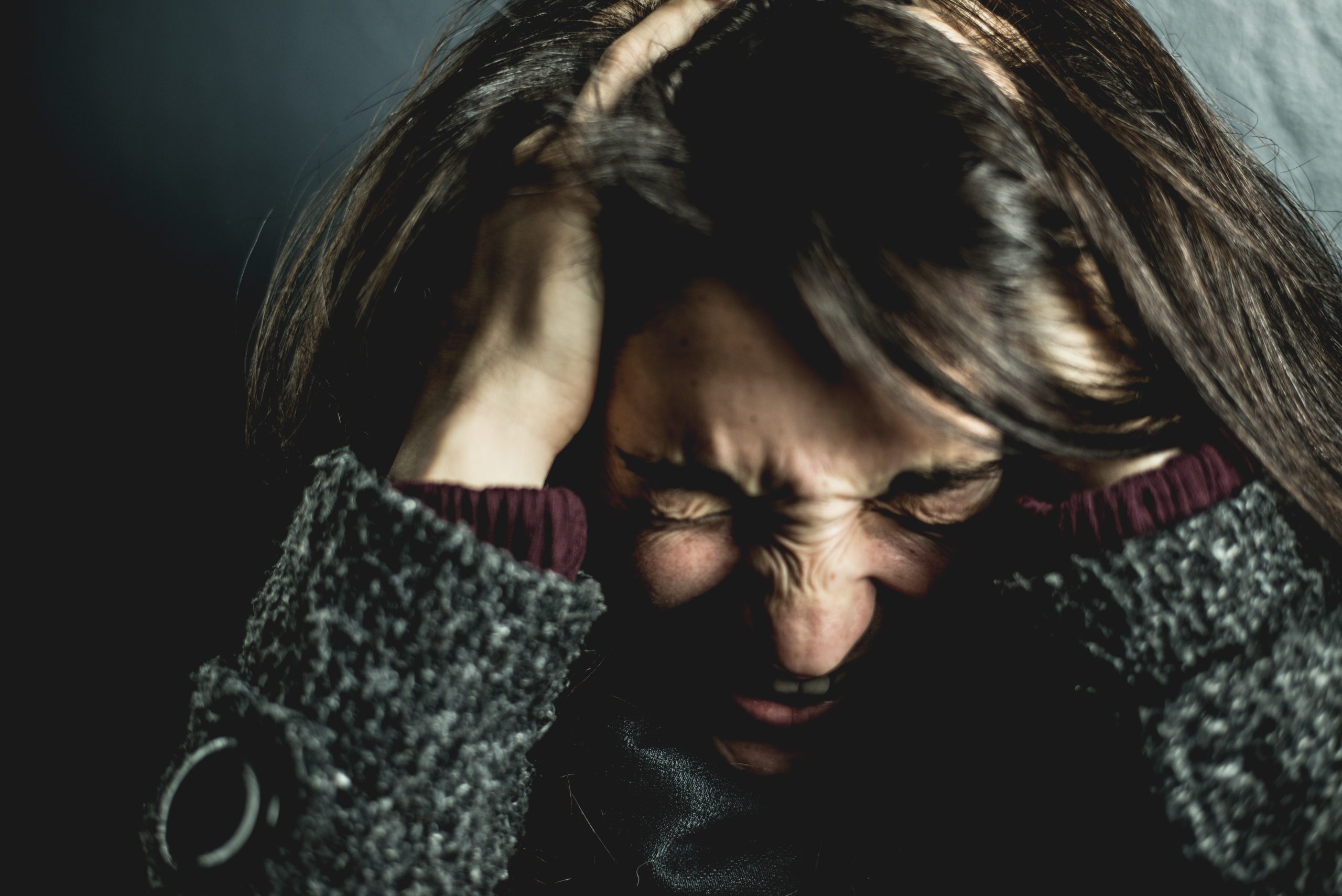Anger is a natural emotion that is often misunderstood and gets a bad reputation. But the death of a loved one can trigger many intense emotions, including anger. You might be angry about the circumstances of the loss, unresolved tension that existed between you and the other person, or how other people are coping with the loss. Keep in mind that grief comes in many stages, and learning how to understand and express anger can be an important part of your healing process.
The Death Felt Unfair or Unjustified
It’s common to experience anger when a death happens spontaneously, tragically, or brutally. This part of grief is often triggered by the immense loss of perceived control.
We all spend so much time trying to account for the future and take care of ourselves, so the harsh randomness of loss can call everything we know into question. You may find yourself feeling scared or helpless because life can completely change at any given moment. This can trigger you to feel anger about all the efforts or promises you had with your loved one.
You Had Unresolved Issues With the Person Who Died
There is no doubt that the permanent nature of death often coincides with tremendous feelings of distress and irritability. With that, unfinished business can magnify a sense of emotional incompleteness.
You may find yourself ruminating about opportunities for missed communication or reconciliation. The inability to seek closure can feel unnerving, and that emotion can easily manifest as anger.
The Death Has Caused Significant Uproar In Your Life
Needing to integrate a loss into your life is one of the most painful stages of grief. In the face of the death you endured, life must still go on.
You may now be responsible for overseeing tasks that you never had to manage in the past. You might have children who are relying on you for caregiving, clients who depend on you at work, and a long list of other items that need to be attended to each day. Taking care of business amid the pain of grieving can certainly cause feelings of resentment, especially if you lack support or feel overwhelmed.
You Feel Abandoned By Your Loved One
Death can trigger a profound sense of abandonment. You may feel angry that you have to now do life alone without your partner, family member, or friend.
Other relationships may still be meaningful, but a significant loss can trigger deep feelings of loneliness and fear. Even though we logically know that everyone dies, the rawness of death can amplify the pain that inevitably comes with being alive.
Your Guilt Has Triggered You to Feel Grief Anger
Many people blame themselves after a death occurs. They feel guilty that they “didn’t do more,” or they think about what they should have said or done to help their loved one. You might find yourself replaying certain scenarios over and over again, causing you to feel angry with yourself or angry at the circumstances you had to endure.
Guilt can also be a normal part of the grieving process, and it can reinforce the anger stage. You may worry that others will also perceive you badly, which can increase frustration or helplessness.
You’re Angry With Other People
The loss of a loved one can also magnify feelings of anger toward friends and family members. You might be upset that you had to be the one to shoulder the final logistics of your loved one’s life. Or, you may feel angry that a certain relative doesn’t seem to share the same intensity of emotions as you do.
It’s important to note that, while everyone experiences grief differently, experiencing anger can be an uncomfortable feeling. It makes sense that you want to share your emotional load with others, and it can be isolating when people don’t seem to share the same feelings you do.
You Are Experiencing Depression
Anger can be a common symptom of depression, and people with depression may be more apt to recognize their anger over their intense sadness.
It’s important to note that prolonged grief disorder (sometimes known as complicated grief) differs from depression. Prolonged grief disorder refers to a persistent preoccupation with the death, inability to accept the death, and chronic emotional numbness that doesn’t resolve over time.
Depression does not necessarily coincide with death, and a mental health professional will not diagnose depression just after a death occurs because so many of the initial grief symptoms resemble depression.
Therapy When You’re Feeling Angry About Death and Loss
Anger and grief often go hand-in-hand. While you may feel guilty or uncomfortable over having angry feelings, it’s important to remember that you’re not alone and that your emotions are a natural part of the grieving process.
Therapy offers a supportive environment for understanding and expressing anger surrounding grief. If you’re experiencing unresolved grief, you deserve to be seen and supported.
I specialize in treating all types of grief and loss, and I am here for you as you navigate your grief and anger and any other emotions that feel overwhelming. Contact me today to schedule an initial consultation.

